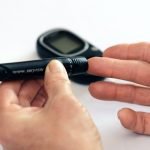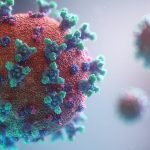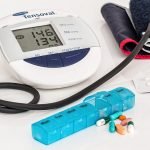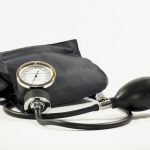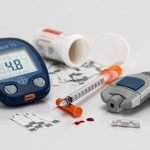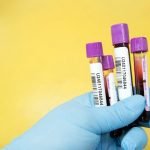Scientists find a promising new way to treat type 2 diabetes
Today, Type 2 diabetes is 24 times more prevalent than Type 1. The rise in rates of obesity and incidence of Type 2 diabetes...
Exercise may reverse age-related memory loss
Exercise is important for your body and your brain at any age.
In a new study from the University of California, San Francisco, researchers found...
5 things to know about the Delta variant
For the first time in more than a year, we're feeling some hope—or at least cautious optimism—that the pandemic could recede to the background.
But...
‘Unexciting’ an anxious brain: new drug may help reduce anxiety symptoms
In a new study from the Tokyo University of Science, researchers found a new drug that could reduce anxiety symptoms via unexciting an anxious...
Your age may determine which blood pressure number matters most
In a new study published in Hypertension, researchers found people’s age may determine which blood pressure number matters most.
The study is from the University...
This eating habit may reduce diabetes-related high blood pressure
In a new study from the University of Kentucky, researchers found that time-restricted eating may be able to help people with Type 2 diabetes...
These two drugs are most effective in lowering blood sugar in type 2 diabetes
In a new study from the University of North Carolina, researchers found two medications have proven to be most effective in keeping blood sugar...
Scientists develop a new blood test to diagnose dementia
Frontotemporal dementia is the second most common cause of dementia in the working-age population.
Its diagnostics are complicated by the similar symptoms presented by patients...
How to manage restless legs syndrome
Do you feel an overwhelming need to move your legs when sitting or lying down? Do these sensations make it hard to fall or...
This very common drug could cut cancer death by 20%
In a new review study from Cardiff University, researchers found patients with a wide range of cancers who take aspirin as part of their...

